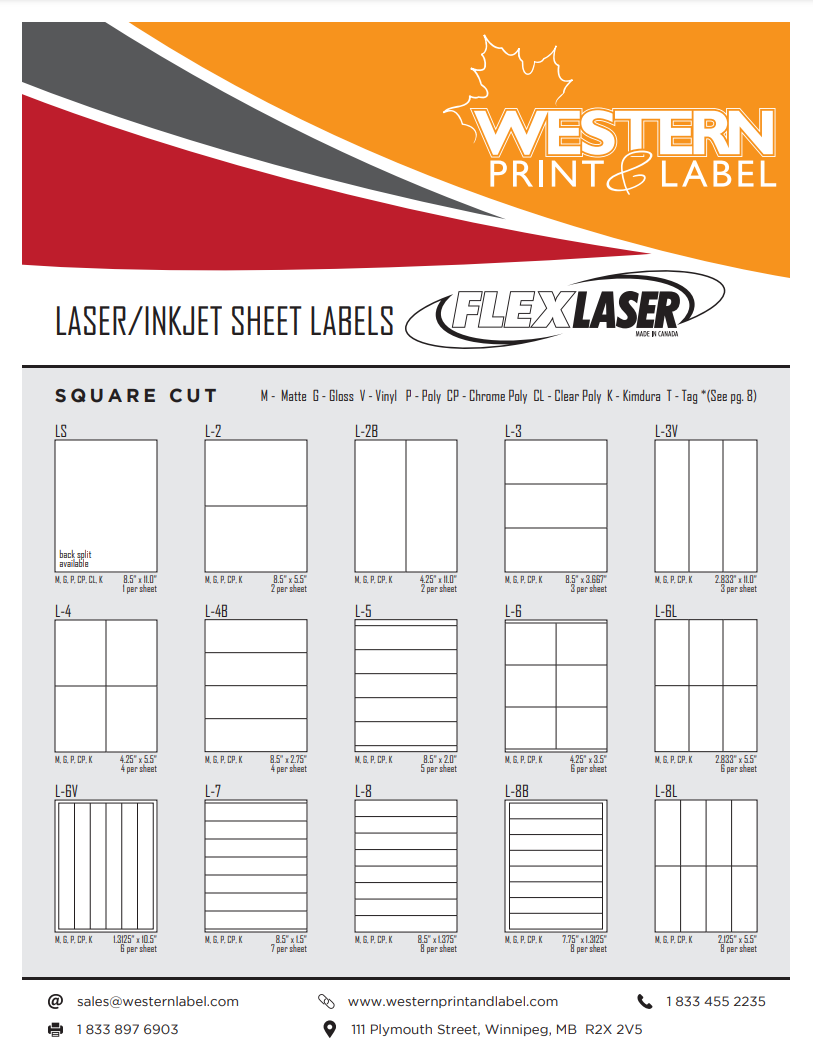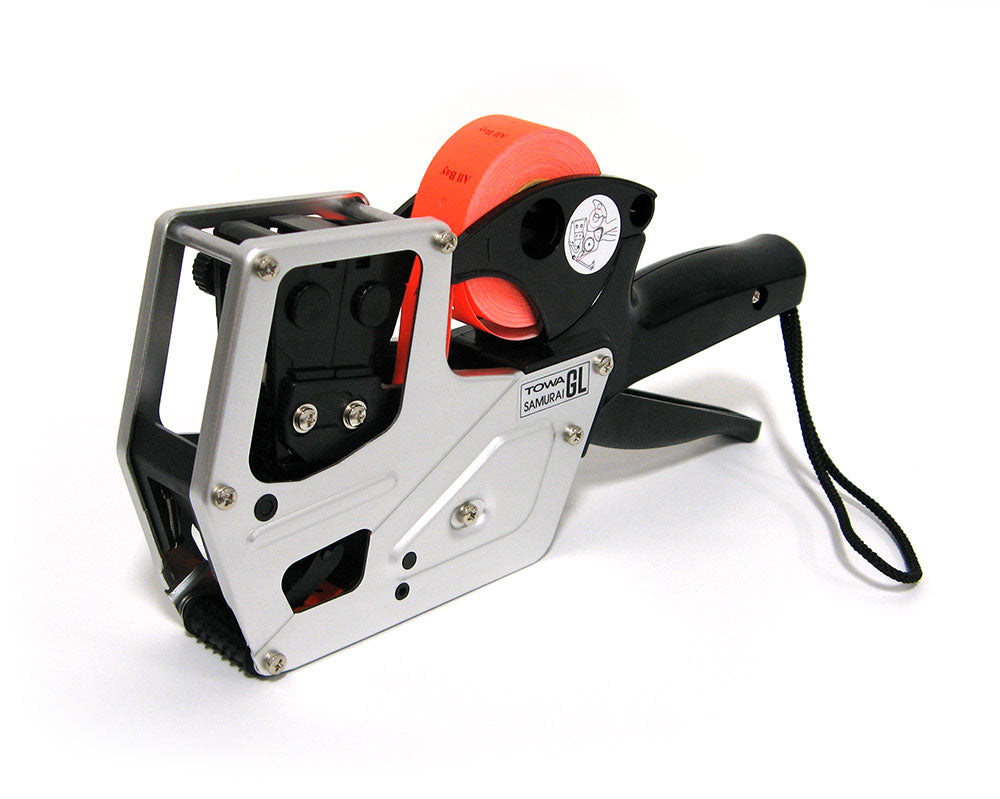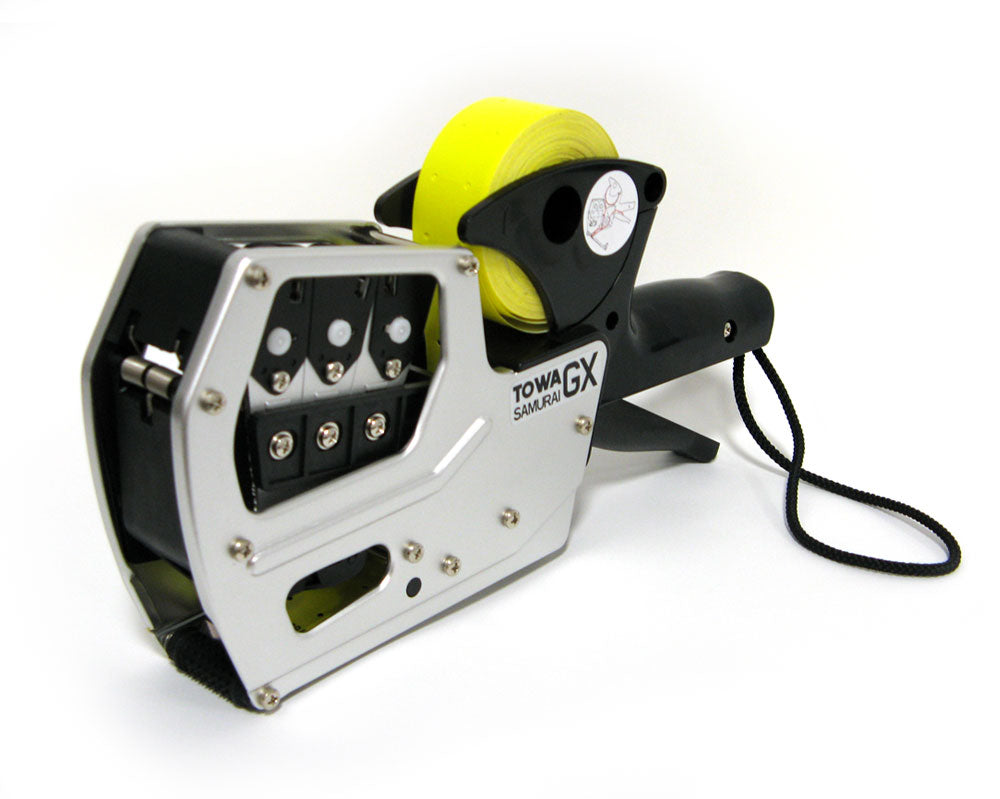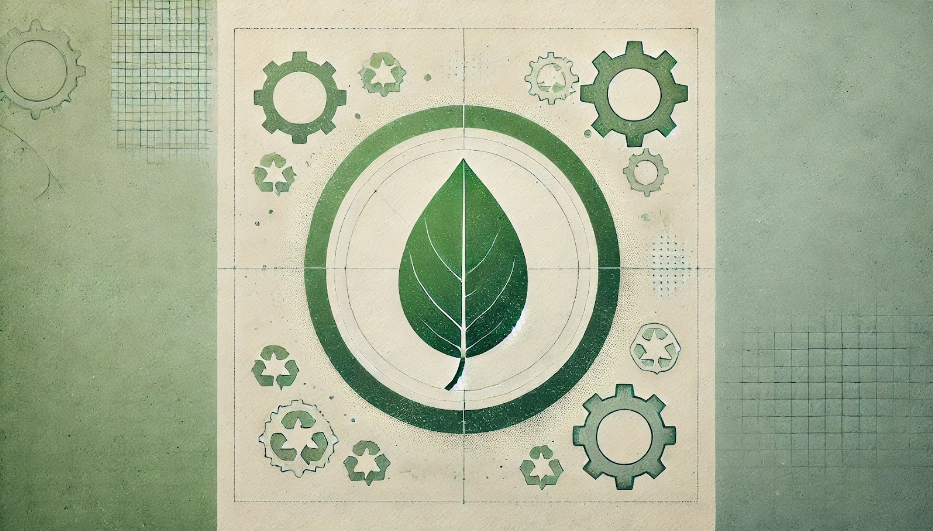In today's environmentally conscious world, businesses and consumers alike are making choices that can significantly impact the planet. One such option involves selecting the right type of labels for products, which can affect both the environment and the recycling stream. At Western Print and Label, we are committed to offering sustainable labelling solutions that meet our clients' needs while contributing to ecological sustainability. This blog post explores the differences between biodegradable and recyclable labels, their environmental impacts, and their suitable applications.
Understanding Biodegradable Labels
What Are Biodegradable Labels?
Biodegradable labels are designed to break down and decompose naturally in the environment under the action of naturally occurring microorganisms such as bacteria, fungi, and algae. These labels are typically made from organic materials that can disintegrate back into natural elements within a relatively short period, depending on the environmental conditions.
Benefits of Biodegradable Labels:
- Reduced Environmental Impact: Biodegradable labels minimize waste accumulation, reducing their impact on landfills and the broader environment.
- Non-toxic Breakdown: These labels break down into non-toxic, natural substances that do not harm ecosystems or wildlife.
- Versatility in Use: They are ideal for temporary applications where long-term durability is not required, such as labels for fresh produce or seasonal products.
Understanding Recyclable Labels
What Are Recyclable Labels?
Recyclable labels are made from materials that can be processed and reused to manufacture new products. The process involves collecting and sorting used labels, which are then cleaned and reprocessed into new materials. Common materials for recyclable labels include certain plastics and paper.
Benefits of Recyclable Labels:
- Resource Efficiency: Recycling labels help conserve resources by reducing the demand for raw materials.
- Reduced Waste: Recycling old labels significantly decreases the amount of waste sent to landfills.
- Energy Conservation: Recycling often uses less energy than producing new materials from scratch, contributing to energy conservation.
Comparing Biodegradable and Recyclable Labels
Environmental Impact:
- Biodegradable Labels: The primary advantage is their ability to decompose, reducing waste without requiring human intervention once disposed of properly.
- Recyclable Labels: Their strength lies in resource conservation and the reduction of landfill use, though they require a robust recycling system to manage the process effectively.
Suitable Applications:
- Biodegradable Labels: Best suited for products that are themselves biodegradable or where label removal before disposal is impractical.
- Recyclable Labels: Ideal for products that are part of a closed-loop system, where consumers or businesses can ensure that the labels enter the correct recycling stream.
Implementation Considerations
Choosing between biodegradable and recyclable labels often depends on the specific needs of the product, the lifecycle of the packaging, and the infrastructure available to handle waste. Businesses must consider these factors:
- Local Waste Management Capabilities: Availability of composting or recycling facilities.
- Product Life Cycle: Duration the label needs to last and its exposure to elements.
- Customer Expectations: Increasing consumer demand for sustainable practices.
Conclusion
At Western Print and Label, we understand that navigating the choices between biodegradable and recyclable labels can be complex. Our commitment is to provide our clients with all the information and support needed to make informed decisions that align with their sustainability goals and customer expectations. Whether you choose biodegradable or recyclable labels, we can help ensure that your choice supports your product and the planet.
For more details on our sustainable labelling options and how they can benefit your business, visit us at www.westernprintandlabel.com. Together, we can make a significant impact—one label at a time.
Top 10 keywords
Biodegradable Labels, Recyclable Labels, Environmental Impact, Sustainable Labeling, Waste Management, Resource Efficiency, Product Lifecycle, Consumer Demand, Recycling Process, Eco-Friendly Packaging
Top 10 hashtags
#BiodegradableLabels, #RecyclableLabels, #EnvironmentalImpact, #SustainableLabeling, #WasteManagement, #ResourceEfficiency, #ProductLifecycle, #ConsumerDemand, #RecyclingProcess, #EcoFriendlyPackaging








